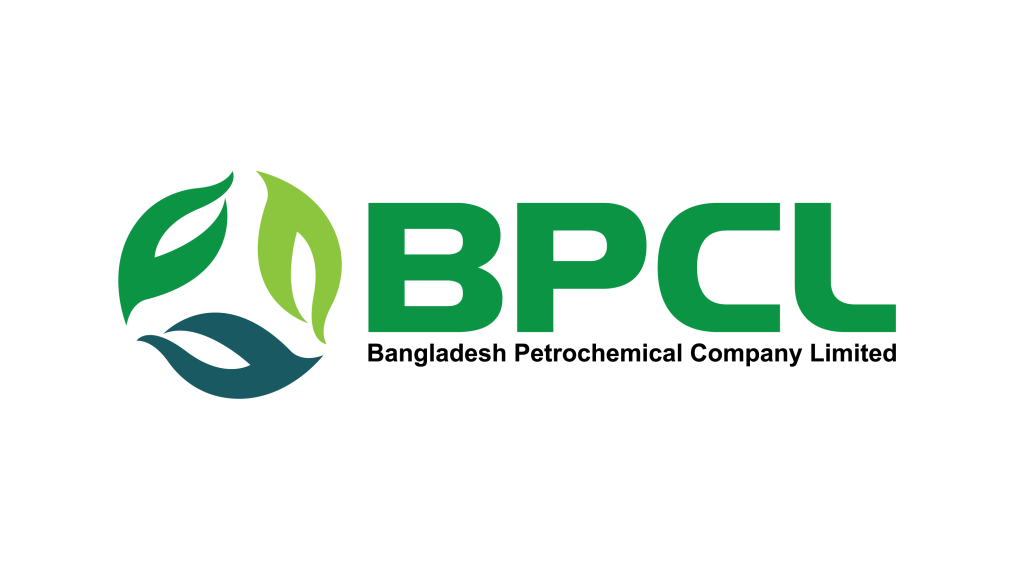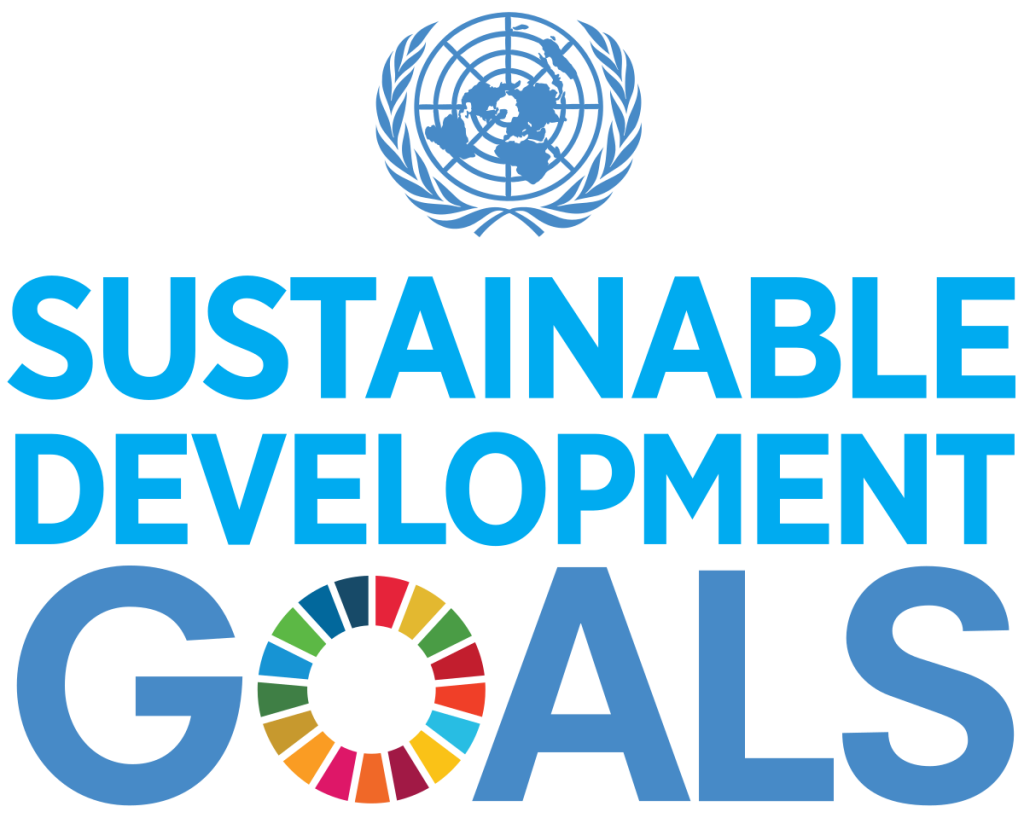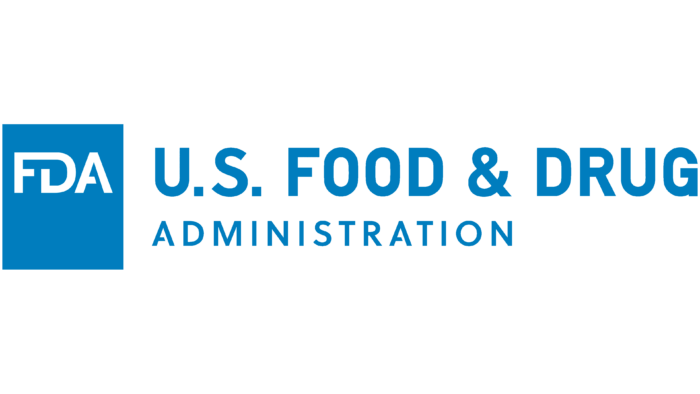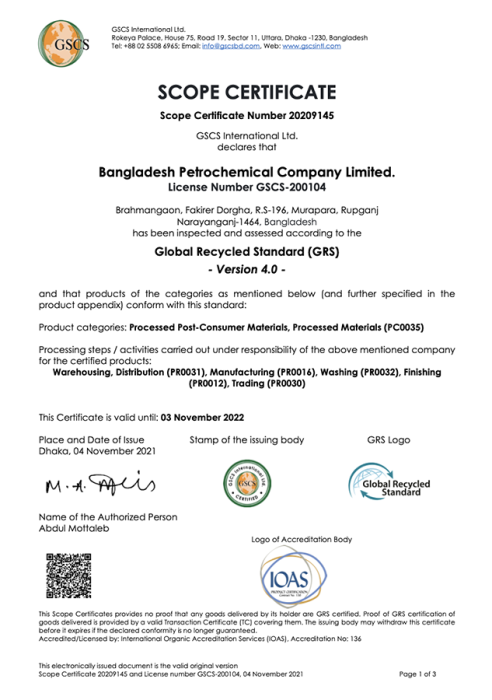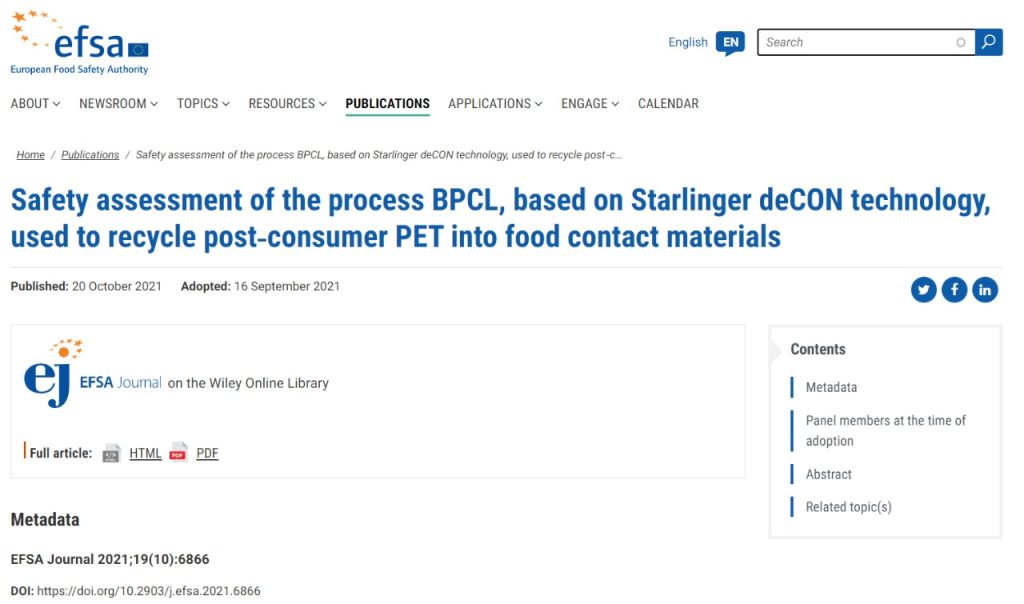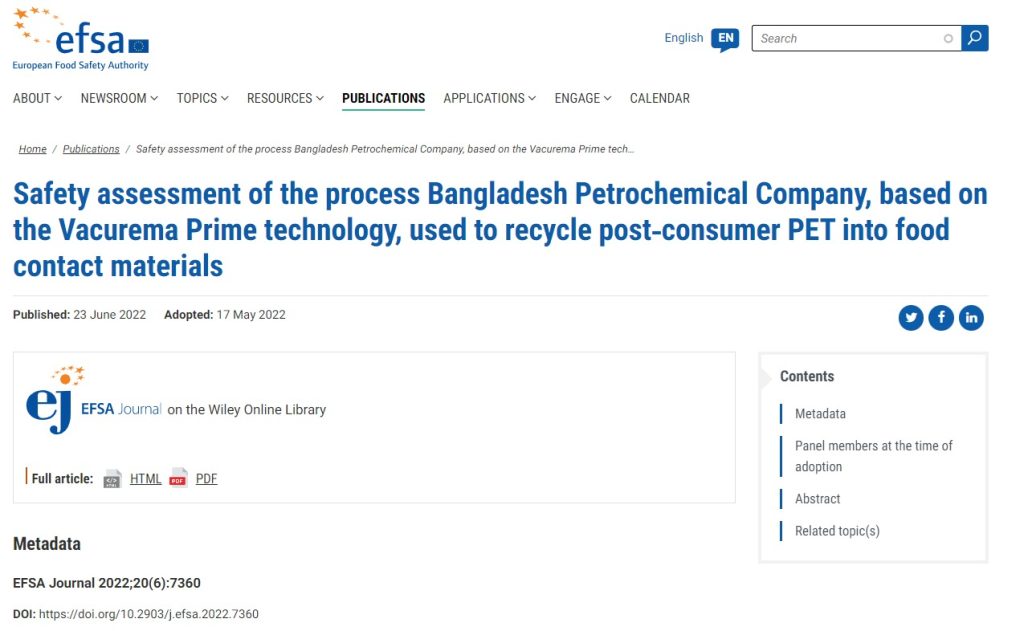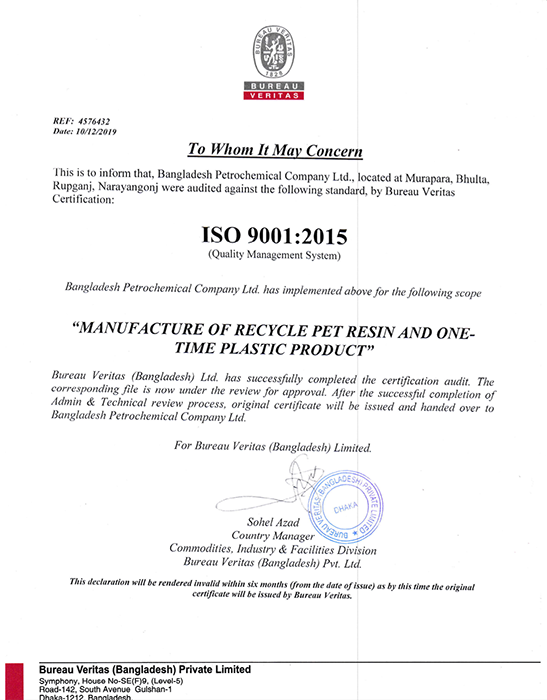BPCL
Headquarters
Our HQ is located in Dhaka, a global business hub.
Our locations
Where to find us?

-
Main office:
Anchor Tower, 108,
Bir Uttam C.R. Dutta Road, Dhaka-1205, Bangladesh
-
Factory Address: Fakirer Darga, Murapara,Rupganj,
Narayanganj, Bangladesh
